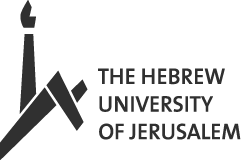
A virgin birth?
The Jewish Background of the New Testament
-
“A Young Woman” in Tanach
Firstly, let’s clarify the meaning of the Hebrew noun here. In the original Hebrew text of Isaiah, we see the word ‘almah’. It is used in the Tanach seven times, usually in the sense of “a young woman”; however, this word does not necessarily suggest “virgin”. Thus, the Hebrew text of Isaiah 7:14 says, “The young woman is pregnant”... therefore, there is no reason to presume her pregnancy was miraculous.
“Virgin” in LXX
Unfortunately, we don’t have enough pre-Christian Jewish texts discussing this verse, therefore we can’t make any definite conclusion regarding pre-Christian interpretation. However, we do know that the LXX translated ’almâ’ with the Greek term ‘parthenos’. Although ‘parthenos’ does not necessarily connote “virgin” in the LXX, it was definitely the predominant translation. ‘Parthenos’ means “virgin” in the LXX much more consistently than ‘almah’ in the Hebrew Bible.
Jesus as a Second Moses
This means that even before the New Testament, some Jews believed in a supernatural fulfillment of Isaiah’s prophecy. Matthew’s account can be compared with some Jewish commentaries concerning the miraculous birth of Moses. They claim Moses was born without pain, as his mother was not subject to the punishment of Eve. Enroll in our course Jewish Background of the New Testament and you will see the crucial events of the gospels in their Jewish context!





